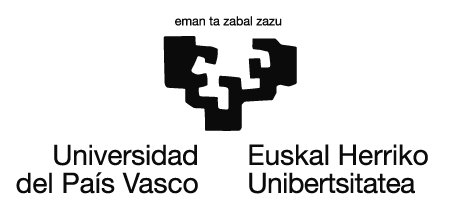 |
In silico PCR simulation
Against complete bacterial and archaeal genomes Information | Home |
|
Information about the serviceThe ability to rapidly and accurately simulate PCR experiments is a valuable tool for both educational and research purposes. With the development of our PCR simulation service against complete bacterial and archaeal genomes, we aim to provide a valuable resource for researchers and students alike. The service is freely available, and allows users to view the amplicon types obtained from each sequence searched. This information can be used to help design PCR experiments, and assess the potential success of a specific PCR primer pair. The list of genomes and their sequences are regularly updated from NCBI-Assembly. Only complete genome sequences are downloaded. Last update: 2023/06/06.
This site has been developed by Dr. Joseba Bikandi and co-workers in the Department of Immunology, Microbiology and Parasitology, Faculty of Pharmacy, in the University of the Basque Country. How to simulate a PCR experiment:
NOTES
We are open to suggestions
Citing this site
If information obtained from this site is used in scientific publications, please cite the following paper:
Bikandi, J., San Millan, R., Rementeria, A., and Garaizar, J. 2004. In silico analysis of complete bacterial genomes: PCR, AFLP-PCR, and endonuclease restriction. Bioinformatics 20:798-9.
DOI: 10.1093/bioinformatics/btg491
Privacy policy
The service is freely available, and no data is recorded from users but for usage statistics.
Disclaimer
This software is an aid for your work. However, we do not claim that the analysis performed by these software is exhaustive. pcr.ehu.eus
can not take any responsibility for consequences that might occur through their use.
|